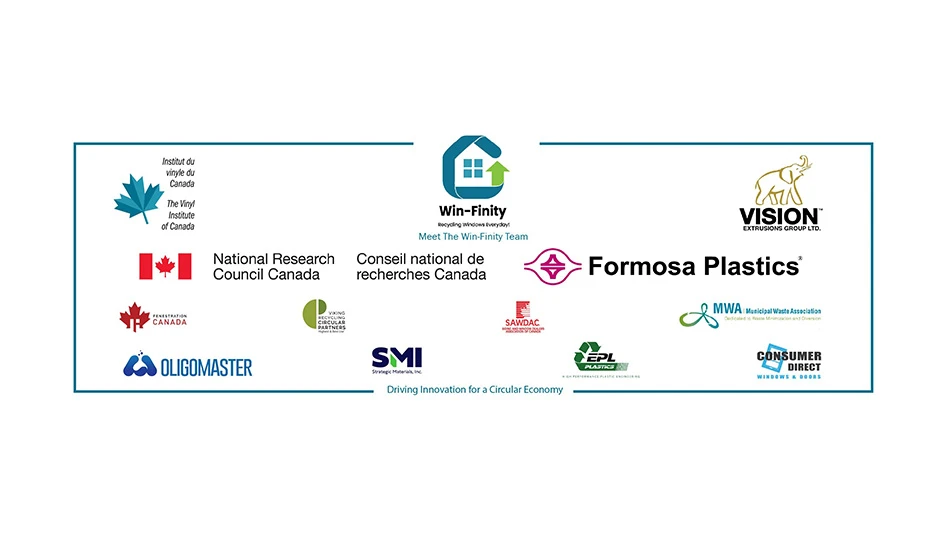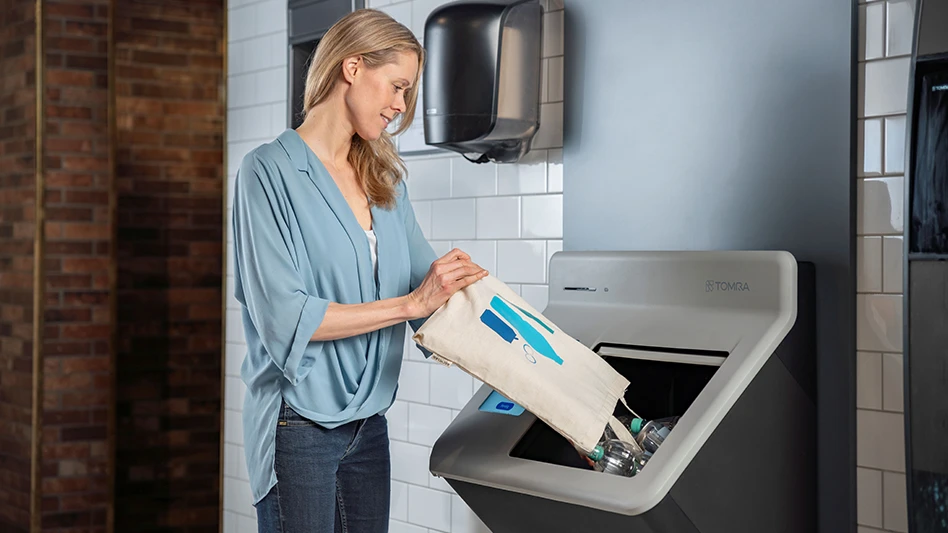
The Commerce Department’s International Trade Administration (ITA) confirms that its recently released congressional budget estimate for fiscal 2021 includes plans “to develop new system to track imports of aluminum products and provide an early warning system for import surges.” The system, which the ITA describes as an “Aluminum Import Monitoring and Analysis program,” will help government officials and the industry to better identify trends in trade flows and address aluminum misclassification, transshipment and evasion of duties, according to a news release from the Aluminum Association, Arlington, Virginia.
The release of the president’s budget begins a process with congressional appropriators to develop priorities for federal spending in fiscal 2021.
The Aluminum Association says it has long supported the creation of a formal aluminum import monitoring system. In October 2019, the Congressional Aluminum Caucus sent a letter to Commerce Secretary Wilbur Ross endorsing the program.
The Commerce Department’s budget request also includes an additional $3 million to support ITA’s role in analyzing Section 232 exclusion requests as well as $2 million to enforce antidumping and countervailing duty orders, both of which are priorities for the Aluminum Association.
“We are grateful that the administration is moving to create an aluminum import monitoring system and prioritizing additional trade enforcement,” says Lauren Wilk, vice president for policy and international trade at the Aluminum Association. “We appreciate the bipartisan support we’ve seen for these critically important items, which will help level the playing field for aluminum workers across the country. While significant work remains to secure final funding and establish a robust program, this is a very positive step.”
In December, the Aluminum Association called for all parties in the recently approved U.S.-Mexico-Canada Agreement (USMCA) to commit to strong trade enforcement as part of a shared commitment to a healthy and vibrant North American aluminum industry. Last year, Canada announced an expansion of its import monitoring system to include aluminum and aluminum products. Mexico made a similar commitment to “prevent the importation of aluminum and steel that is unfairly subsidized and/or sold at dumped prices” and “establish an agreed-upon process for monitoring aluminum and steel trade between them” but has not yet acted to formally monitor aluminum imports into Mexico. Imports of aluminum sheet and plate from China into Mexico have increased by nearly 150 percent in the past year and more than 1,700 percent since 2014, the Aluminum Association says.
“Both the U.S. and Canada have now shown a commitment to combat unfairly traded aluminum, and we look forward to working with our partners in Mexico to do the same,” Wilk says. “Unfortunately, we are seeing alarming import spikes into Mexico from nonmarket economy countries.”
“While targeted trade enforcement activity, including successful antidumping and countervailing duty cases, have reduced imports of Chinese aluminum into the U.S. in recent years, China’s overcapacity continues to grow and, unfortunately, to penetrate other foreign markets,” the Aluminum Association says. “Over the past five years, aluminum overcapacity in China has grown by 60 percent, and increasingly that metal is being exported to third-party countries, further distorting global markets. Research firm CRU estimates that China will export more than 3.4 million tons of semifabricated aluminum in 2020, fully 3.5 times U.S. aluminum production.”
The Aluminum Association adds that it continues to call for significant reforms to the Commerce Department’s Section 232 aluminum import exclusion process. “The department’s Bureau of Industry & Security granted exclusions from the tariffs on massive volumes of aluminum flat-rolled products, including imports from China,” the organization says. “In 2020 alone, the Commerce Department has granted nearly 5 billion pounds of can stock exclusion requests, with a significant portion coming from China. These granted exclusions are considerably larger than the entire domestic aluminum can stock market.”
Get curated news on YOUR industry.
Enter your email to receive our newsletters.
Latest from Recycling Today
- COMEX copper comes down
- IWS acquires North Atlantic Waste & Recycling
- WM opens 2 new recycling facilities
- Poll indicates majority of Americans connect rising grocery costs with steel tariffs
- Atlantic Heavy Duty opens Wilder, Kentucky, regional service center
- True to its core
- McKinsey recommends additional aluminum sorting
- Sabert acquires fiber-based packaging producer Colpac






